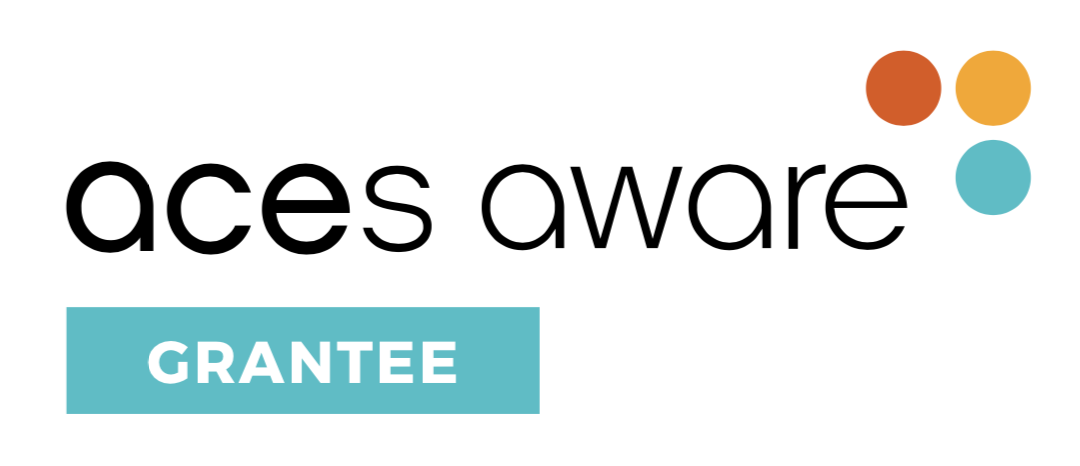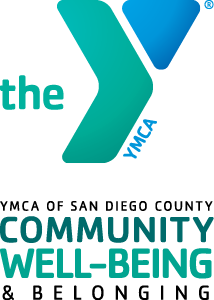Concept 1 The Stage
The brain and the body develop and work in-sync across the lifespan.
People and environments shape children’s rapidly developing nervous systems, brains, bodies and emotions.
Early experiences play a major role in children’s development and health.
Adverse Childhood Experiences (ACEs) can have long-term effects on children’s developing brains and bodies.
ACEs also affect learning and ultimately adult economic productivity.
Parents and caregivers can protect and buffer children from adverse experiences.
Warm and responsive relationships with parents and caregivers can protect the brain and body, healing traumas and stress that children experience.
Through warm and responsive relationships, growth, resiliency and lifelong health are possible.
Concept 2 The Set Up
Adverse Childhood Experiences (ACEs) deregulate the brain and body’s functioning.
Warm and responsive environments and relationships help regulate stressed brains and bodies.
Supporting parents and caregivers of children helps set a foundation for lifelong social-emotional and physical health.
Responsive environments and relationships also promote learning, school readiness, achievement and later economic productivity.
Qualities of warm and responsive relationships include compassion, awareness, acceptance, validation and empowerment.
This is the CAAVE approach.
Concept 3 CAAVE Elements & Application
The YMCA of San Diego County, while working with youth impacted by adverse childhood experiences, created the CAAVE approach.
CAAVE is a relationally-based approach for interacting with children and their parents and caregivers.
CAAVE helps regulate a taxed nervous system allowing higher level functioning and problem solving to take place.
CAAVE is complimentary to any intervention or service provided to children and their parents and caregivers.
C - Compassion. Empathy, plus the desire to help. An action to alleviate suffering. Health care providers can slow down and communicate compassion both verbally and non-verbally when responding to the needs of families and children.
A - Awareness. Awareness of our internal and external experiences without judgment of those sensations. Judgments are often based on personal values and can cloud objective assessment. For healthcare providers, awareness is essential to competent practice. Expanding that awareness to include self-awareness can improve a provider’s holistic assessment and improve the patient experience.
A - Acceptance. Complete and total acceptance of a given situation. Family situations can be complex and difficult. Acceptance of those circumstances does not mean providers have to like a situation, or agree with it, but simply accept it as reality. Acceptance of the patient, their circumstances, their access to basic needs, and their internal strengths and weaknesses promotes patient-centered care and collaboration.
V - Validation. Recognizing another person’s internal experience and communicating that recognition. It is not fixing or avoiding a person’s experience or response. It is conveying an understanding, which calms the activated nervous system. Alignment and partnership then occur.
E - Empowerment. Access to a wide range of age-appropriate choices. Collaboratively identifying options promotes agency. Patients can then engage in intentional actions and self-advocacy.
Concept 4 The Impact
Adverse childhood experiences are pervasive and not limited by race, gender, socio-economic status or other social indicators.
Policies and practices that recognize the neurobiological impacts of adverse childhood experiences and the science of resilience can support innovation in public systems and healthcare, which promote individual and community health as well as economic stability and mobility.
Healthcare providers, mental health clinicians, childcare providers, educators and program providers have a unique role in the screening of adverse childhood experiences.
Early intervention and referral will help promote resiliency and lifelong health and wellness in children and caregivers who have had adverse childhood experiences.

If you are interested in learning more about the CAAVE Approach, visit our website.
About ACEs Aware
The ACEs Aware initiative is a first-of-its-kind effort led by the Office of the California Surgeon General and the Department of Health Care Services to cut Adverse Childhood Experiences (ACEs) and toxic stress in half in one generation. While these issues represent a public health crisis, they have gone largely unrecognized, until recently, by the public healthcare system and society.
In partnership with:






